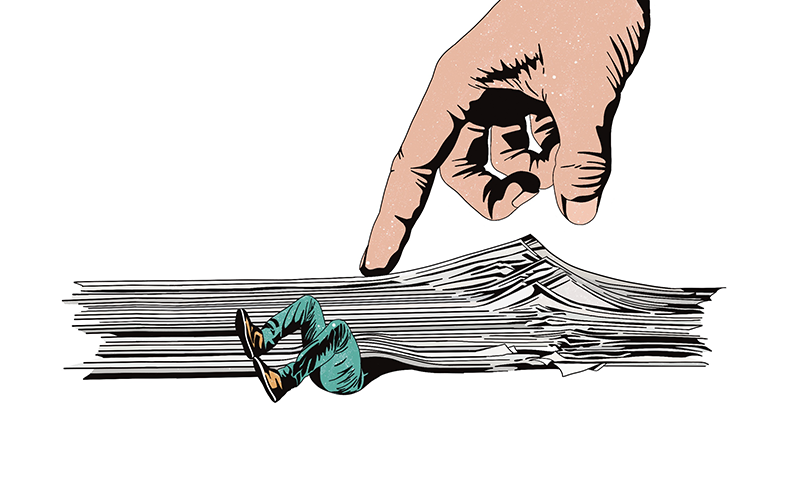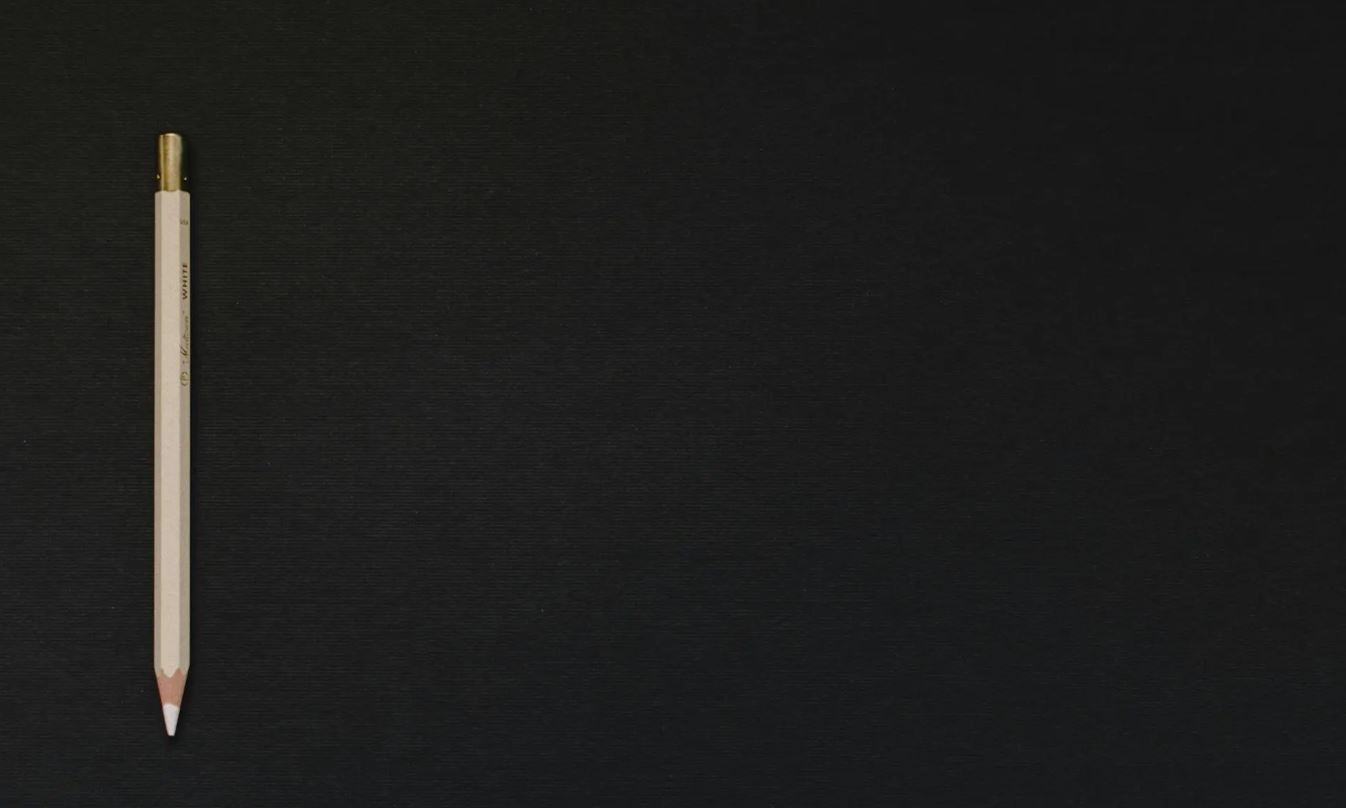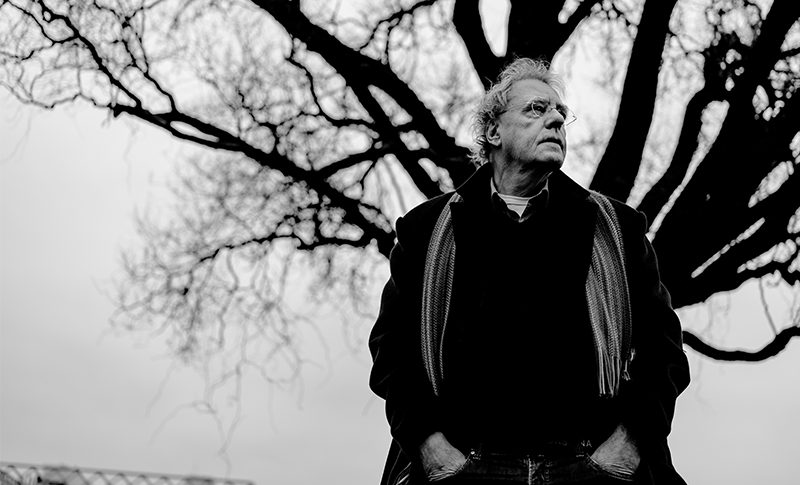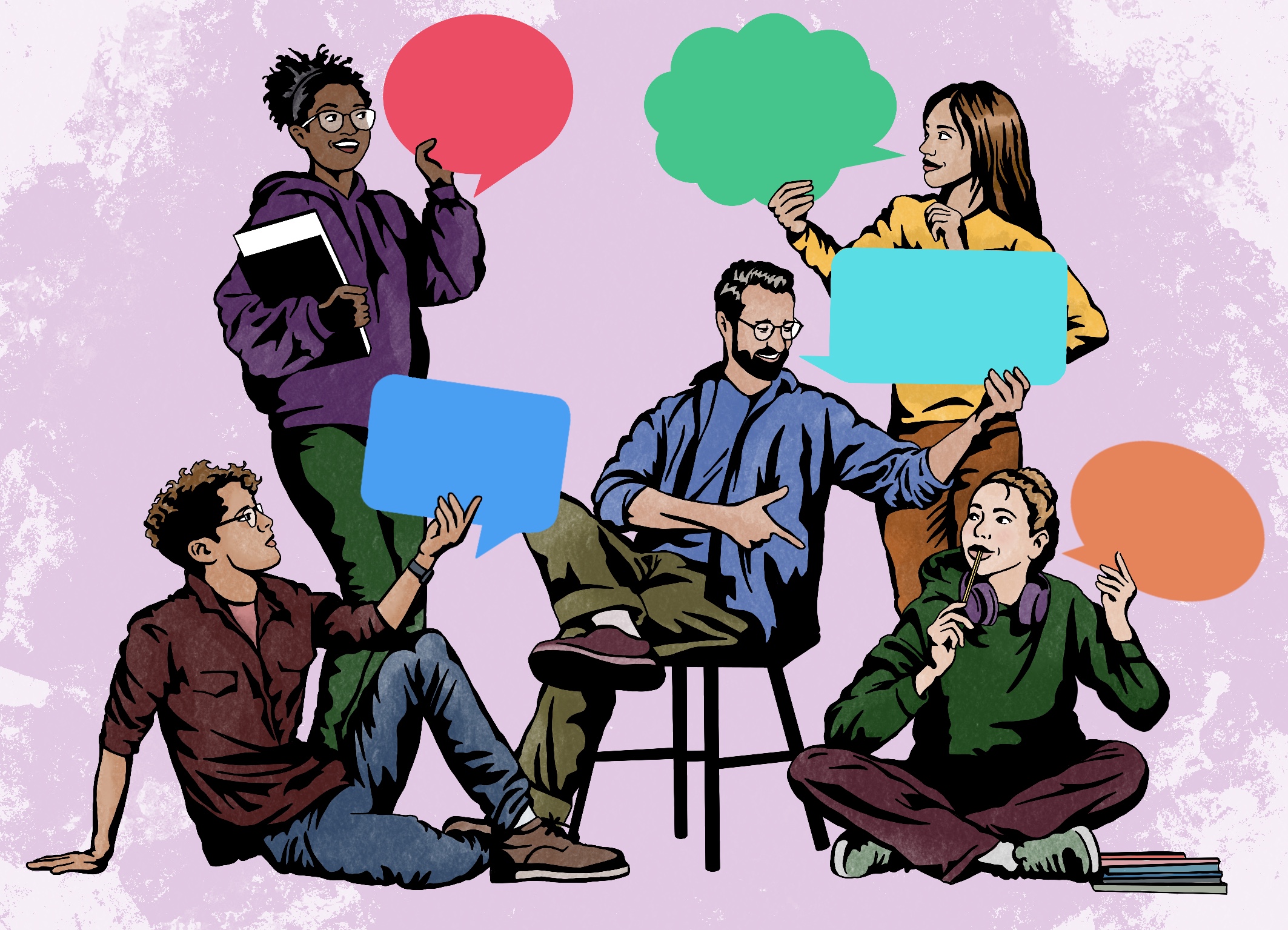Stasja Koot, assistant professor in the Sociology of Development and Change chair group, wrote a paper that was critical of the actions of other scientists in his field. These colleagues then verbally attacked Koot and demanded that the paper be withdrawn.
A 2021 survey by ScienceGuide found that 43 per cent of the respondents had been intimidated at some point after a public appearance, for example on Twitter. But intimidation can also come from much closer quarters. ‘It came as a big surprise to me that my fellow scientists do this,’ Koot says.
In the paper ‘Science for Success – A Conflict of Interest?’, Koot and his co-authors argue for more transparency about the position of researchers in the scientific debate on nature conservation, especially when they have a stake in the outcomes of the research. They cite the example of publications that are very positive about community-based conservation in Namibia, in which controversial trophy hunting plays a key role.
Koot: ‘Those publications were written by researchers with a keen interest in positive framing – either because they work for organizations that run community-based conservation projects or because they have financial ties to pro-hunting organizations.
And they don’t mention this. After our article came out, we received responses that were totally out of order. One pro-hunting group accused us of defamation, threatened legal action and asked us to withdraw the article. Another letter of complaint came from employees of the World Wildlife Fund (WWF) branches in the US and Namibia and contained strongly worded, unsubstantiated personal attacks. They cast doubt on our academic integrity. At first I was shocked and began to doubt myself, and I lost some sleep about it. But when I took a closer look at the criticism, I thought our arguments held water. And both letters of complaint contained factual inaccuracies. So then we responded to the letters in detail.’
Discursive violence
‘On our initiative, the two parties agreed to openly air the criticism and our responses in the journal,’ Koot continues. ‘Just a substantive debate, without personal attacks.’ But that’s not how it went. In the paper ‘Science Versus Ideology in Community-Based Conservation: A Reply to Koot et al.’, by WWF staff, there was a renewed personal attack on Koot and his colleagues. The authors declared that Koot did not adhere to basic scientific principles and based his claims entirely on emotion and ideology. In a new article, ‘Conservation Science and Discursive Violence’, Koot and colleagues authors defended themselves against the charges and argued that the offensive reaction of their critics actually illustrates their initial point.
‘The response with personal attacks and legal threats confirmed our central point, in our view,’ says Koot. ‘They have a potential conflict of interest, and that carries a risk of making you less open to critical voices. And then they try to silence the critics with this kind of intimidation, which is known as discursive violence.’
Dirty game
A few months later, the magazine’s publisher, Taylor & Francis, took the mediation process into their own hands, and away from the magazine’s editors. Koot: ‘From then on, we were no longer dealing with editorial board members who are at home in scientific discourse, but with employees of the publishing house.’
Koot continues, ‘The day after our second paper was published, we discovered to our astonishment that both our papers had been taken offline, without informing us, whereas the objections of our critics were still online.
The response with personal attacks just confirmed our point
We heard from an employee of the publisher that this had been done on the advice of the publisher’s lawyer. But the publisher said it was a production error. We suspect a dirty game was being played in which the publisher succumbed to legal pressure from the complainants. It took five months before our two articles were back online.’
‘I think their unprofessional behaviour was outrageous, and I am really angry about that. I think they hoped we would crawl back into our shells. And that is just not on: there must always be room for criticism. I felt frustrated and powerless at times during all this. But because they failed to silence us, we achieved something in defence of critical science. If this were to happen again, I’d be able to deal with it more skilfully. I notice that I even enjoy talking about it now!’
Different experiences
In response to his experience, Koot organized a session on the harassment of scientists at a conference for ecologists and sociologists. There he heard more stories from fellow scientists both inside and outside WUR. There are no figures on the incidence of harassment, but it clearly is an issue. WUR recently organized a meeting for and about scientists who come under pressure from third parties. Jan Willem Bol, WUR press officer: ‘There were discussions about colleagues who get pressurized by the Ministry of Agriculture, the business community, and even by NGOs. Employees who are faced with this kind of thing can get legal advice and support from WUR. And we also have confidential counsellors who you can talk to about psychological pressure. And for serious cases, if you have doubts about your physical safety, there is the social safety contact point.’
The paper
Stasja Koot wrote a methodological paper with Paul Hebinck and Sian Sullivan: ‘Science for Success – A Conflict of Interest?’ The authors noticed that researchers linked with certain organizations wrote very positively about those organizations’ programmes without reflecting on any potential conflict of interest. One example was the case of researchers from the World Wildlife Fund (WWF) US and Namibia who wrote about community-based nature conservation in Namibia. WWF Namibia co-finances conservation projects in which controversial trophy hunting plays a major role. The series of papers highlights ways in which community-based nature conservation and trophy hunting are good for both nature conservation and local communities, which benefit economically. In their paper, Koot, Hebinck and Sullivan call for more transparency about and reflection on the researchers’ own position. Their paper expands on the theory of constructivism, which assumes that knowledge and facts are not objectively observable but are constructed by the scientist, who is not entirely neutral, thanks to conscious and unconscious beliefs and interests. The authors argue that this necessitates openness and reflection, all the more so when the researcher clearly has a stake in the study.

 Illustration Valerie Geelen.
Illustration Valerie Geelen. 

